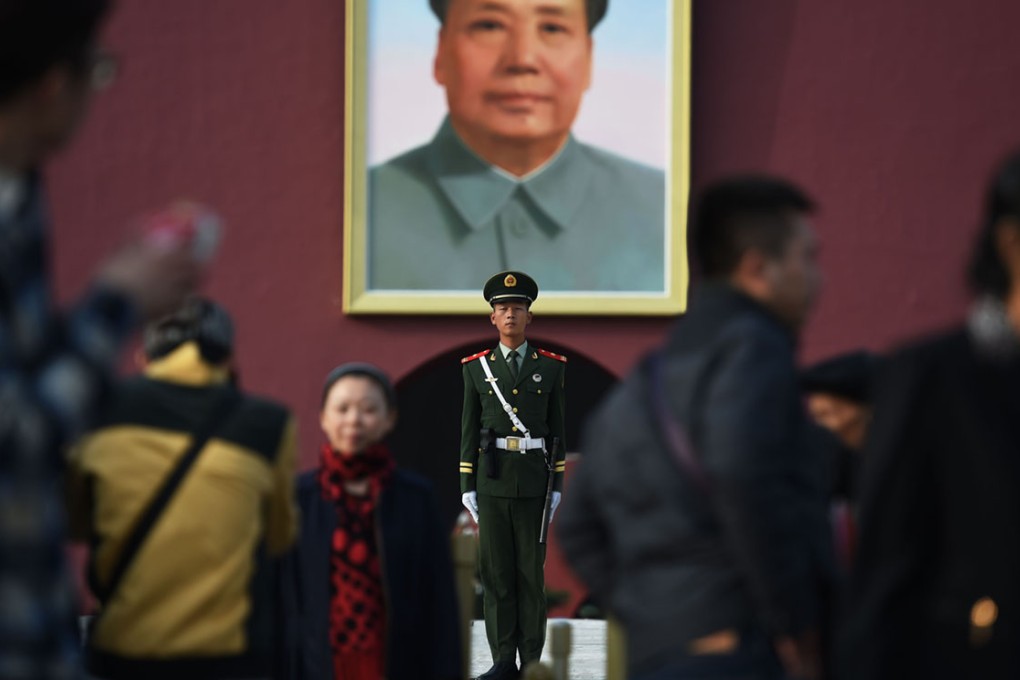Does class struggle exist? It's a case of 'one party, two publications'
Ideological wrangle between two party-run publications has opened up debate on Mao Zedong Thought at a critical juncture

"One party, two publications" - that could be the new slogan of the Communist Party after a debate on whether class struggle still exists on the mainland. It's how some party insiders described an ideological wrangle that has emerged in recent years between two leading party publications - Qiushi or Seeking Truth, the party's theoretic journal, and the Study Times, a key product of the Central Party School.
It only makes sense that party-run publications should reflect the collective view of the central leadership on major issues. But recently that has not necessarily been so, as reflected in a debate over class struggle.
Last week, the Red Flag Manuscript, a bi-weekly run by Qiushi, dropped an ideological bomb by reviving and publishing an extremely leftist Maoist theory in an article entitled: "The People's Insistence on a Democratic Dictatorship Is Rational". In it, Wang Weiguang , president of the Chinese Academy of Social Sciences, claimed that China was still in the era of Marxism, and so it was impossible to eliminate class struggle. While the article stirred overwhelming criticism on the internet, almost all the state-run media fell silent to avoid controversy.
Not the Study Times, though. It launched a direct rebuttal saying that abandoning class struggle has been central to China's achievements of the past 35 years. It said the party had made a great "mistake" by adopting class struggle as its guiding philosophy - a blunder that drove the tumultuous period before and during the Cultural Revolution and halted economic development.
Class struggle is the core of Mao Zedong Thought, which is enshrined as the country's ideology in the party charter and state constitution. Both documents also say the country will adhere to a people's democratic dictatorship, which means that the party and the state represent and act on behalf of the people even though it may use dictatorial powers against forces that may try to destroy it. The concept is based on the class struggle theory.
Mao devoted his life to leading what he called a revolutionary struggle on behalf of the majority against upper classes that may try to exploit them. It was peasant-led guerilla warfare that overthrew the Kuomintang government, which Mao said watched out for the bourgeois class. After that victory, he used the theory to eliminate all his political enemies on the mainland.